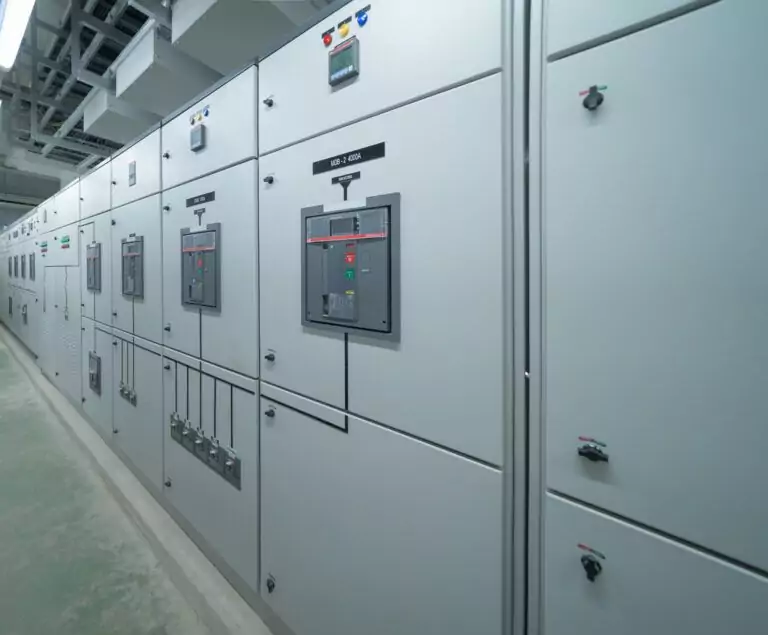
Whether you work in the tech industry in San Francisco or the energy sector in Houston, you will encounter business jargon from colleagues at some point in your career.
In this article, we dive into why and how to avoid jargon in technical writing.
Is Jargon Good or Bad?
First, let’s clarify the definition of the term. Jargon is vocabulary or terminology used by a particular professional, technical, or cultural group that’s hard to understand for people outside of the group.
Jargon often leads to overly complicated writing. It can also be a sign that the writer is trying to flaunt their knowledge.
This can be especially true in writing in the engineering field. Technical documents often contain obscure technical terms by necessity. However, authors often fall into the habit of using language that is more complicated than necessary.
Sometimes, people who work in a career where they speak jargon with colleagues all day can forget that most other people are not familiar with their specialized terms. This is true of the legal, IT, and automotive industries, among others, and even video gaming cultures.
At best, jargon risks confusing the audience through wordiness or the use of obscure terms. At worst, it completely defeats the intent of the writer to communicate with clarity.
Therefore, you should generally avoid using jargon unless you define the words for readers who may not understand them. As a writer, be sure to know the audience you’re trying to reach and get familiar with its language. Then, write to that audience in such a way that it will have no trouble interpreting.

Why Should You Avoid Using Jargon?
Recalling the Five Cs of Effective Communication, we suggest a few reasons why you should avoid jargon.
1. Clarity
Wordiness and pretentious language interfere with the clarity of your writing. So do terms that readers need to look up in a dictionary. Clear prose should be the guiding principle in anything you write. Eliminate unnecessary words and replace them with simpler language in every sentence.
Before: The company shall put in place such measures as are necessary to ensure the effective and efficient execution of the project scope.
After: The company will effectively manage the project.
2. Cohesiveness
To form a cohesive message, include only relevant information. Do not wander off on tangents or add in random facts.
Before: Did you know that adult male chickens can propel themselves up to 200 feet in the air? Meanwhile, roosters don’t lay eggs. Also, roosters crow at sunrise. In this blog post, we will talk about roosters.
After: Did you know that roosters can fly up to 200 feet? In this blog post, we will discuss the rooster’s aerodynamic abilities.
3. Completeness
To convey an idea, include enough information for your reader to understand, but not so much that they are overwhelmed. Too much information can bury and obscure your message. Employ the Goldilocks principle: Not too much, not too little, but just right.
Before: The heat transforms the yolk’s properties. The yolks change from liquid to solid. The newly-transformed yolks are now edible scrambled eggs.
After: Heat cooks the yolks, transforming them into scrambled eggs.
4. Conciseness
Why use five words when you can use three? Readers prefer concise prose for ease of reading and the ability to skim. Excessive description often serves as filler, which you could replace with more meaningful words.
Before: The purple-hued peony basks marvelously under the sun’s glowing gaze.
After: The purple peony grows in the sun.
5. Concreteness
Flowery sentences often dance around a topic without directly addressing the main issue. This method may work well in creative fiction, but it has the opposite effect in writing in engineering.
When you’re writing, be as precise as possible. Use specific and concrete language. Avoid using vague terms that leave your audience guessing.
Before: The software works well but could be better.
After: The software meets company expectations, but it could run more smoothly by changing X, Y, and Z.
How Do I Remove Jargon?
To avoid jargon in your writing, here are a few tips:
- When in doubt, ask a friend who doesn’t know anything about your field to read your article. Get honest feedback and act on it.
- Read your writing out loud. If it sounds awkward or unnatural, it probably reads that way too. Rewrite it until it sounds like plain speech.
- Go through your writing line by line, removing unnecessary words.
- Understand your audience. Experts will expect and tolerate more technical terms than the general public.
Effective Communication Skills
We hope these tips will help you look at your writing in a new way.
Check out more technical writing tips in our resources section.









